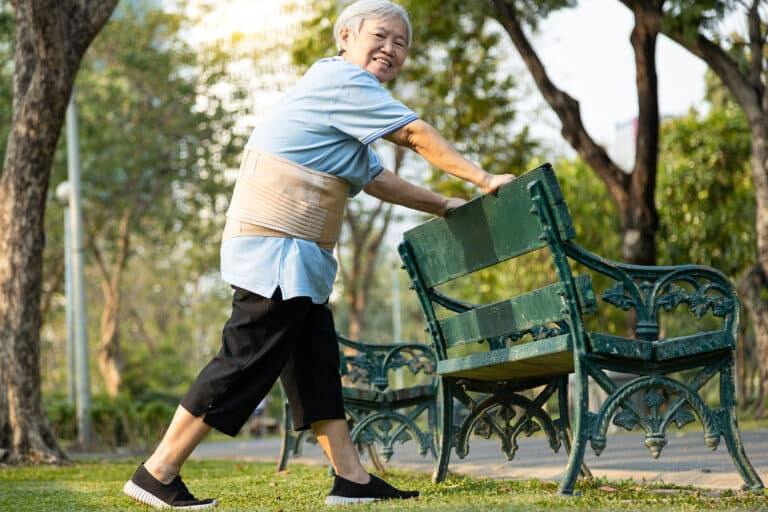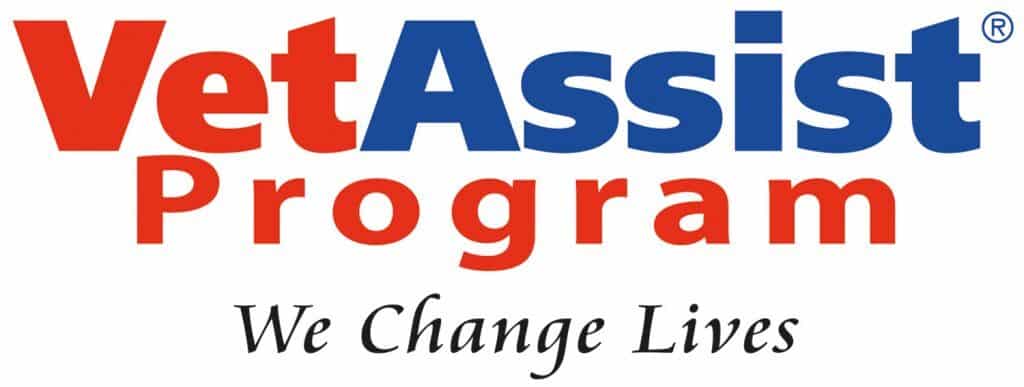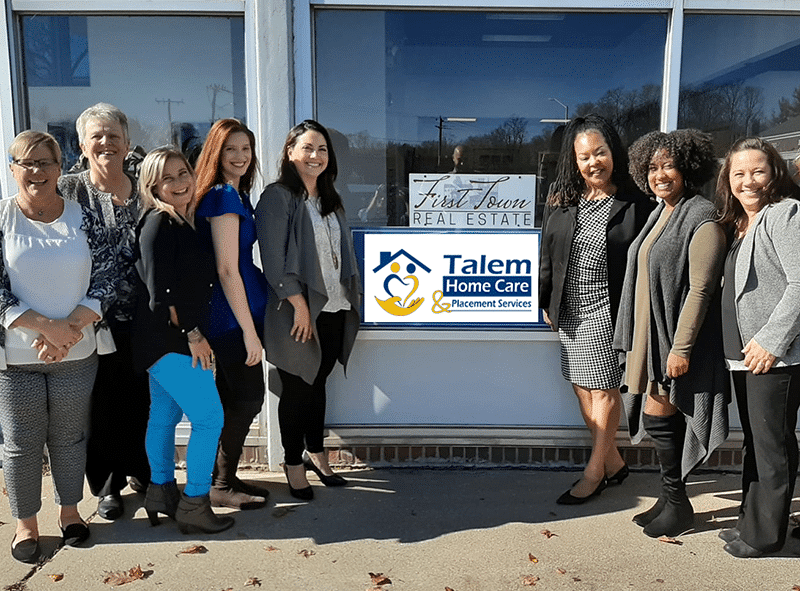If osteoporosis has been prevalent in your family history, it’s important to start thinking about bone health early on in life, building a firm foundation for strong bones that’ll last a lifetime. But even if the lifestyle habits of your elderly loved one haven’t been the best for healthy bones, there are steps she can begin to take today, and home care services can help.
Why Strong Bones Are Important
Besides providing the body’s structure, bones play other important roles that help the body stay healthy and maintain independence. Bones protect delicate organs within the body, provide strong sources for muscles to connect to, store calcium, and create blood cells. Healthy bones allow the body to move freely and provide balance and stability.
Four Steps to Healthier Bones
The earlier a person begins to take care of their bones, the better, but starting at any time is better than never starting, especially if your loved one is a woman or if your family has a history of osteoporosis or weak bones. Taking steps now to improve bone health may reduce the risk of a broken or fractured bone in the future that causes not only pain but may limit the independence of your loved one.
Step #1
Soak up that Vitamin D. Vitamin D is an important nutrient needed by your body to absorb the calcium your loved one consumes (more on that in Step 2). Your elderly loved one can increase the Vitamin D in her system in a variety of ways.
The best source of Vitamin D is the sun. Sunlight contributes to the body’s ability to make Vitamin D. There are other dangers of too much sun, so look for safe ways for your loved one to get some sun each day with the help of home care providers.
Vitamin D can also be found in some foods. Mushrooms, eggs, fatty fish, and fortified foods are all good sources of Vitamin D.
Step #2
Ramp up Calcium Intake. Once those Vitamin D levels are strong, it’s time to provide Calcium. Calcium can be found in many foods, not only dairy products. If your loved one isn’t a milk lover, she can get calcium from tofu, almonds, broccoli, and canned fish like salmon or sardines.
Step #3
Quit Smoking and Drinking alcohol. Both of these habits can strip the bones of what they need and make it more difficult for them to perform as needed.
Step #4
Be Active. Participating in activities that require the bones to bear weight, such as walking, climbing stairs, and weight lifting, can help to build strong bones.
Home Care Programs Help With Bone Health Concerns
If your loved one struggles to prepare and eat the right foods for better bone health or needs a little more incentive to get out there and exercise, having a home care provider visit the home to help with these steps is one way to help her be more successful.
A home care provider can help with grocery shopping and preparing meals, ensuring that what your loved one eats is good for her bone health. They’ll decipher the ingredient labels at the store and help her find new ways to enjoy calcium-rich foods.
A home care provider can also encourage and assist in a new activity, such as daily walks. Having someone to hold your loved one accountable to can help her stay on course and keep her bones strong.
If you or an aging loved one are considering Home Care in Beacon Falls, CT, please contact the caring staff at Talem Home Care & Placement Services of New Haven, CT, today. Call (203) 538-6273
At Talem Home Care & Placement Services of Fort Hartford, CT, we provide passionate, understanding, and flexible caregivers in New Haven, Ansonia, Beacon Falls, Bethany, Cheshire, Derby, Milford, Naugatuck, Orange, Prospect, Seymour, Shelton, Stratford, Trumbull, West Haven, Woodbridge, and Woodmont and surrounding areas in Connecticut.
- Managing Hiding and Rummaging Behaviors in Seniors With Alzheimer’s - April 23, 2025
- Lifestyle Changes for Senior Wellness - April 10, 2025
- Top Signs of Hearing Loss in Your Loved One - March 25, 2025







